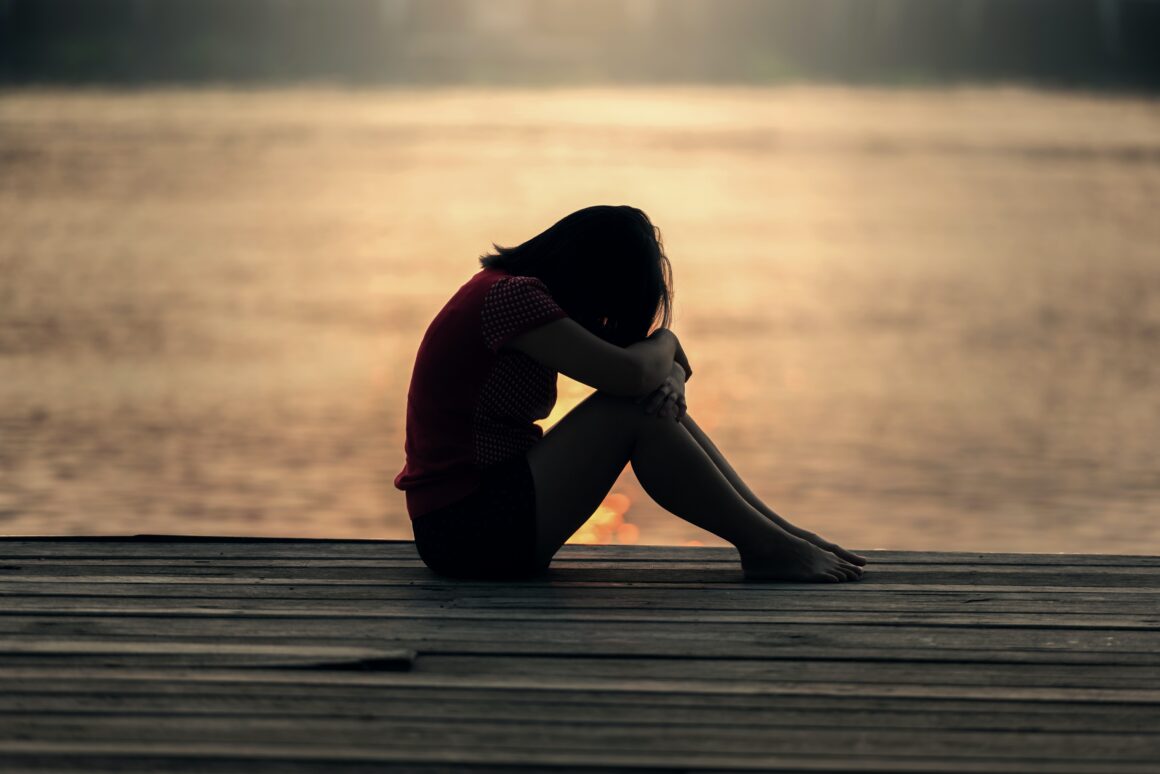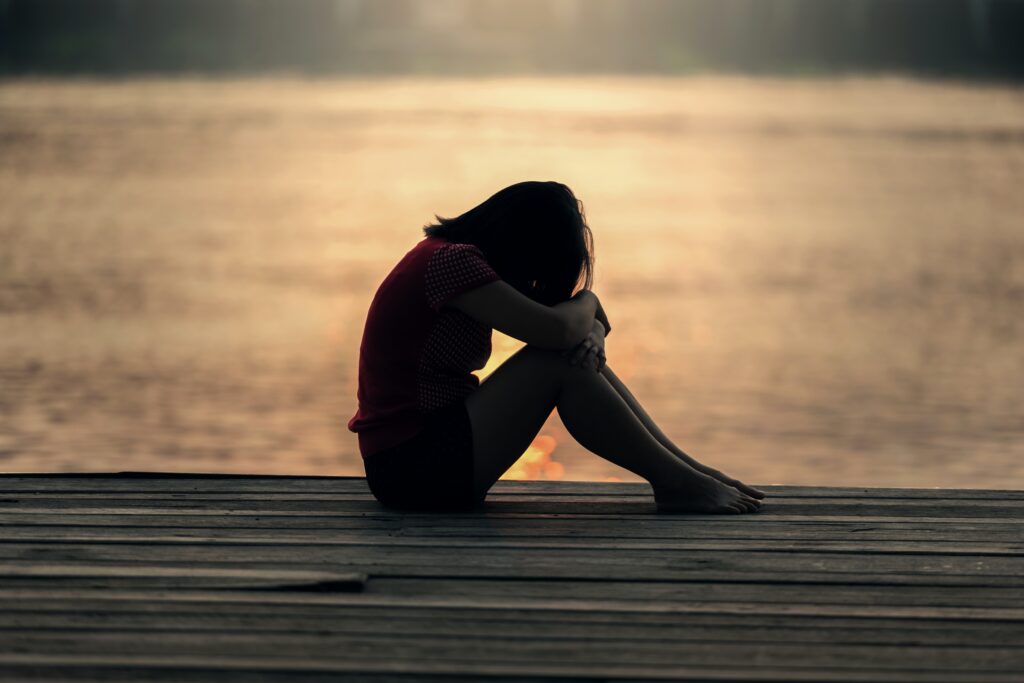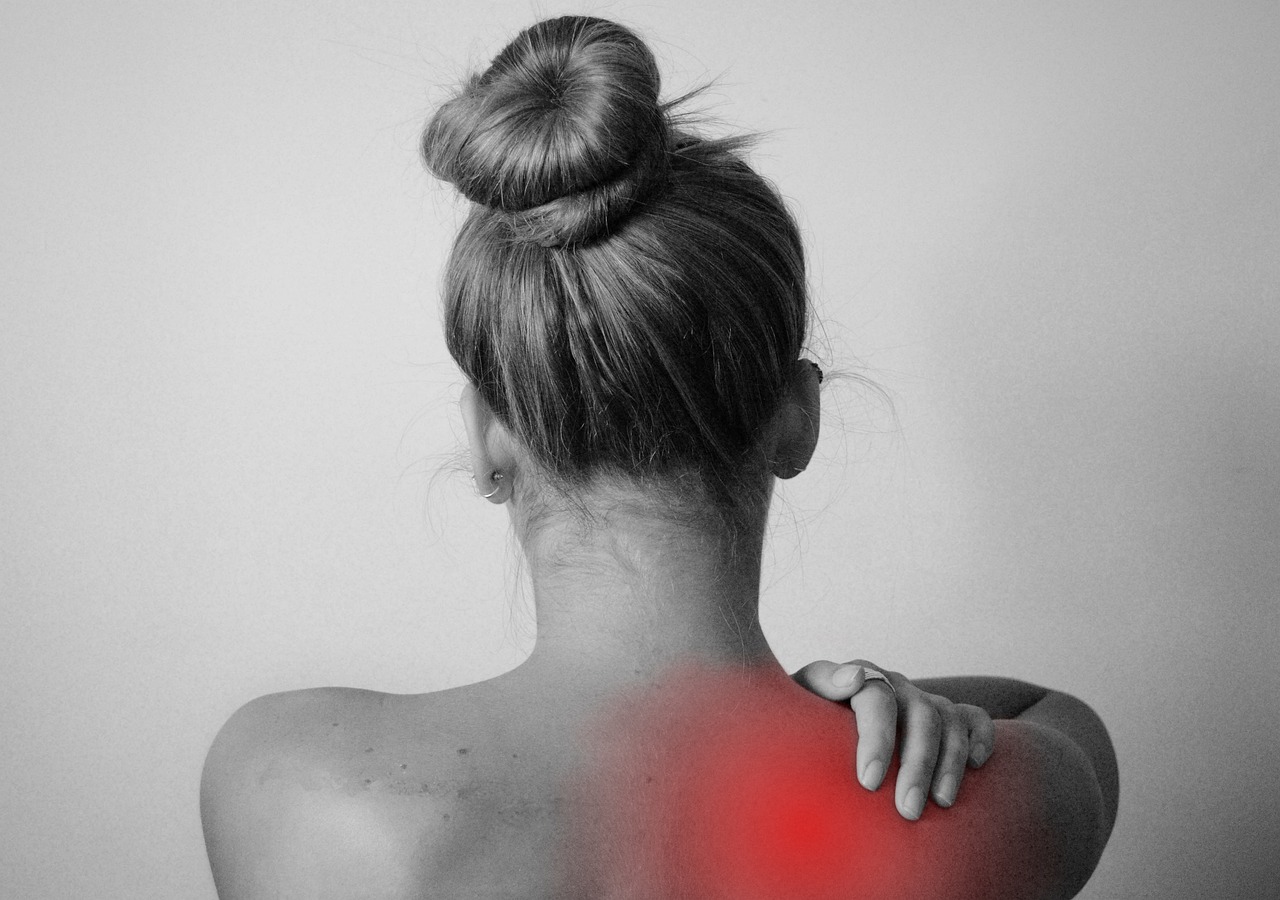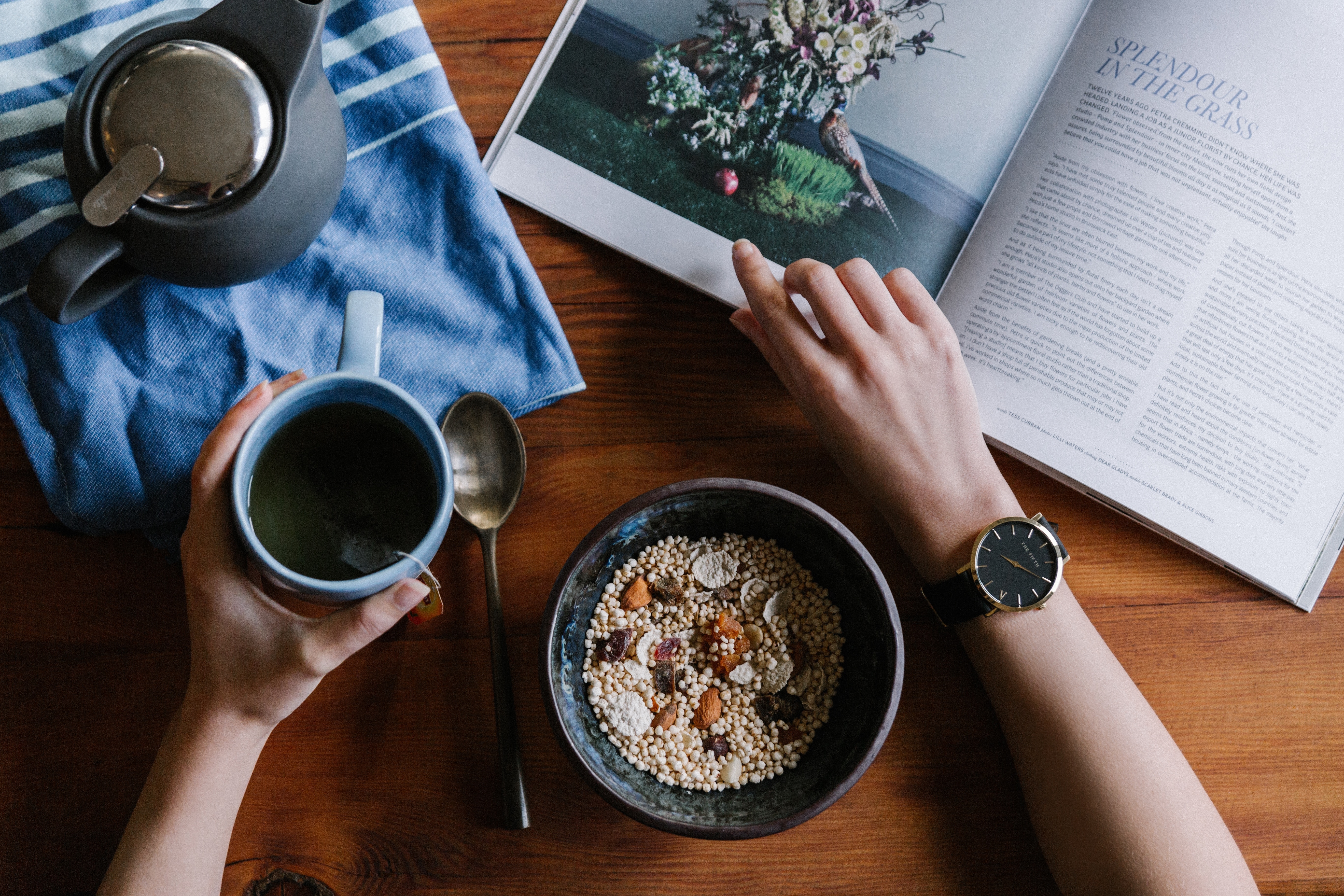
How To Cope With Loss In A Positive Way
Grief is universal, but the ways in which it is expressed vary greatly from culture to culture. After the death of a loved one, everyone is affected by grief, which can make daily life very challenging. Acknowledging and honoring one’s feelings of loss is crucial. Accepting and expressing sadness can be therapeutic. These strategies for healthy grieving should ease your suffering during this difficult time and give you a good chance of coping with your loss in a positive way.
Stay Still
In the West, there seems to be a rush to get everything done as soon as possible after someone passes away in an effort to erase the memory of death. Even though some people might prefer that, if you don’t want to, resist the urge to be hurried. Feel free to spend as much time with your loved one’s body as you need to, unless the removal of the body is required for medical reasons, such as to determine the cause of death. The positive grieving process can be started by simply sitting still. Additionally, it will lessen some of the anxieties related to passing away and the unknown. If there isn’t a lot of bustling activity going on around you—activity intended to cover up a death as quickly as possible—you will feel much more at peace.
Keep Their Possessions For A While
It can be very tempting to get rid of everything the deceased person owned and donate it to Goodwill, a shelter, or store it away after they pass away. Even the dump could end up with some of it. But wait for a while until after the death has occurred before doing this. It might be a mistake. You might want to look through their clothes and possessions, browse through photo albums, or play their favorite CDs. If you move too quickly, you’ll miss the chance and feel even worse about everything. Let it sit for a while. Wait until you begin to truly recover. Then, when your mind is free, you can go through their belongings.
When people visit and discover no sign of a loved one there, it can be upsetting for them. This is especially true for kids, who may have a harder time understanding death and the grieving process. You will feel much better when it comes time to pack up their belongings if you have waited for the right time; it will help you cope more positively with your loss.
Organize The Funeral
Grief is a natural human response to the loss of a loved one. Funerals are a common way for people to work through these feelings. Many mourners find them reassuring as a way to honor the deceased and put the painful chapter of their lives behind them. Funeral goers often find comfort in the company of others who understand their pain.
Although organizing your loved one’s funeral might not be something you want to do, and you should never do it until you feel up to it, the process can be helpful. From thinking about the right headstone from memorials.com to writing a eulogy or finding the right music to play, you can really acknowledge your loss and honor your loved one in the right way.
Enjoy The Natural World
Nature has incredible curative powers. You can instantly feel better by simply going for a long walk outside and breathing deeply as you do so. As a result, this will aid in the recovery procedure. Planting a memorial garden is another way to honor the natural world and the memory of a departed loved one.
A good way to lose yourself in the moment while also being in tune with nature and your grief is to prepare the ground, go shopping for the plants or seeds, plant them, and then maintain them. Although it won’t eliminate the pain entirely, it should make it more bearable.
Don’t Give In To The Pressure
It’s possible that those in your life will start suggesting that you “move on” by cleaning out your closet, getting rid of old books, going on more dates, etc. Despite the best of intentions, you can’t begin the process of moving on until you’ve reached that point. How long that takes depends on the person; for some, it’s weeks, for others, months, and for others, years.
No one can tell you how long you should spend in mourning or when you can return to your regular routine because everyone is different. Everything has shifted. You’ll be a different person. Now that the dust has settled, you’ll notice some subtle changes in the environment and the people you encounter. Feel free to take your time getting used to that. Don’t force yourself to move on from your grief before you’re ready.
Don’t Bottle It Up
Holding your emotions in is one of the worst things you can do when grieving a loss. It’s bad for your mental health, and it may even affect your body, as high blood pressure is a known side effect of stress. Instead, accept that your emotions and the pain you’re feeling are inevitable parts of being human.
Crying, yelling, or just wanting some time to yourself are all perfectly normal emotions and reactions. The same holds true for laughing and smiling as you recall the wonderful times you shared with your departed loved one. Allowing your own unique process of mourning to unfold will ultimately make you feel better. It might not feel very positive when you are sad, crying, and so on, but it is all part of the process, and letting these emotions out, even if you wish you didn’t have to, is by far the best option for you.
Rest
After experiencing trauma and shock, it is important to give your mind and body time to recover. Get some time off if you can, and use it to unwind and recharge in tranquility. Take your time and avoid trying to juggle too many tasks at once. Don’t try to fill the void in your life with more things to do. Don’t worry about anything but getting some rest. Otherwise, you’ll do more harm than good, and the pain will last longer.





